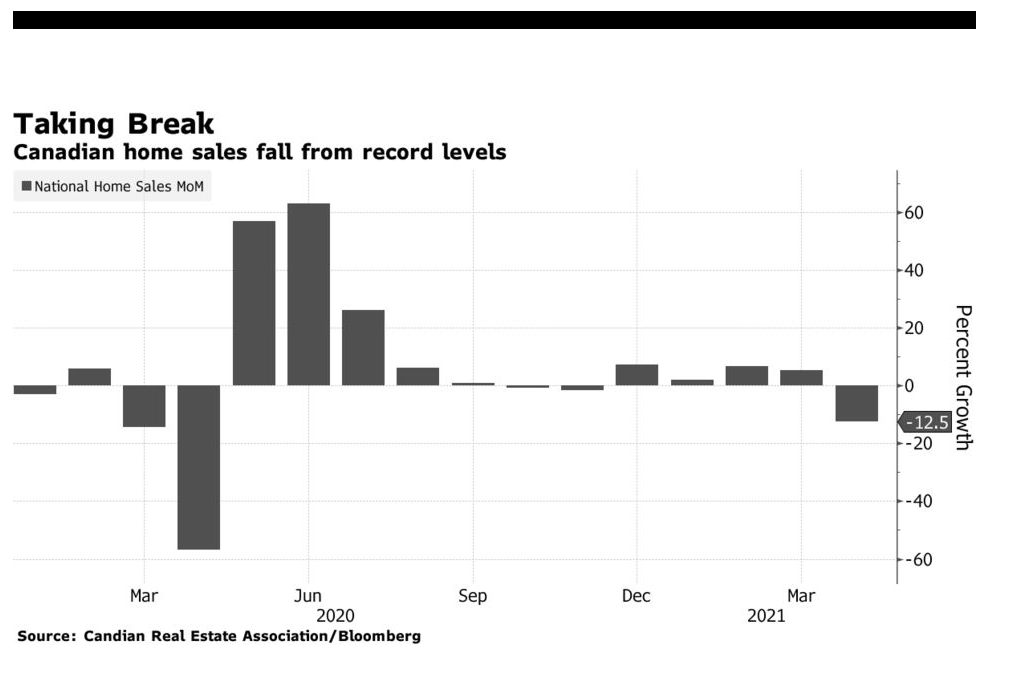Last updated: April 22, 2024
A credit score is more than just a number tucked away in some credit agency’s files. Poor credit can hinder mortgages, auto loans and ratchet up interest rates — pushing life goals out of reach.
We recommend 8 steps to improve your credit score, whether you’re struggling with debt or you’re new to Canada, we can help:
1. Check your credit report
In either case, the first step is to check your credit report by contacting a credit bureau agency— our lenders typically use either Equifax Canada or TransUnion Canada — identify any errors in your borrowing history and work to correct them.
2. Evaluate your credit accounts
Outstanding debt payments are one of the biggest drivers of a poor credit score. If you’re swamped with debt, step two is to evaluate your accounts and develop a repayment plan — especially collection items — possibly closing some credit accounts.
If you’re able, pay your bills to bring your accounts up to date. If you can’t, speak with your creditors to let them know you want to pay your obligations and set up a repayment plan.
3. Debt repayment plan
There are two ways to pay off your debt as soon as possible. 1. Either pay off the debt with the highest interest first or 2. Pay off the smallest balance first. Paying the smallest balance will give you the psychology that you have accomplished something so that you can move to the next account. Here is a debt repayment calculator that we would recommend as a starting point.
Make at least the minimum payments on all of your cards or loans, but put the largest amount of available cash on your most expensive debt.
Paying a collection agency debt in full will remove the negative effect on your credit report in about three years. Settling with a credit agency for less than the amount owed will also put you in the clear, but will stain your report for its full six- or seven-year tracking period.
For new Canadians, the first move is to open a Canadian bank account and start building credit history through a secured credit card. Regular deposits into a savings account along with a chequing account that stays in the black will add to your credibility.
4. Maintain a low outstanding balance
Maintaining a low outstanding balance in relation to the borrowing cap on a credit card or line of credit will bolster your rating.
Any time you owe approximately 75% or more of your credit limit, it starts to have a negative impact on your credit score. So it’s important to pay down your credit.
5. Pay down your credit on time
Punctual payments, whether on personal loans or cellphone bills, are a must, as payment history factors into credit scores, the credit account does not know the difference between a $10 payment or a $1,000 payment, as long as the bare minimum payment is made as required, there will be no negative reports done on the credit account.
6. Limit credit applications
Multiple credit applications within one year work to your detriment. If you are a house hunter with a checkered borrowing history, we suggest going to a Mortgage Broker vs. going from bank to bank as the Mortgage Broker will usually only check your score only once to shop the lending marketplace, rather than making the rounds at individual banks. Try to avoid store cards no matter what they offer you for your information.
7. Avoid car loans, unless absolutely necessary
Car loans may be easier to get secure than mortgages, but both can come with hefty interest rates. With the car loan industry, your credit score can go pretty low. Dealerships have higher interest rates because the risk is higher due to the possibility of default and to asset depreciation. In fact, taking out a $500 monthly car loan can result in you qualifying for 32% less of a mortgage. That’s on top of the 20% less purchasing power as a result of the 2018 B-20 stress test.
8. Refinance to consolidate debt
By refinancing your mortgage into one low monthly payment, you can bring down your total monthly obligation to an amount that you can comfortably manage. One benefit of doing so is that you can use your monthly savings towards further reducing your principal balance on your mortgage by taking advantage of the pre-payment options available through the lender.
If you would like us to review your debt repayment options and a course of action to take, please let us know. We are happy to help!


